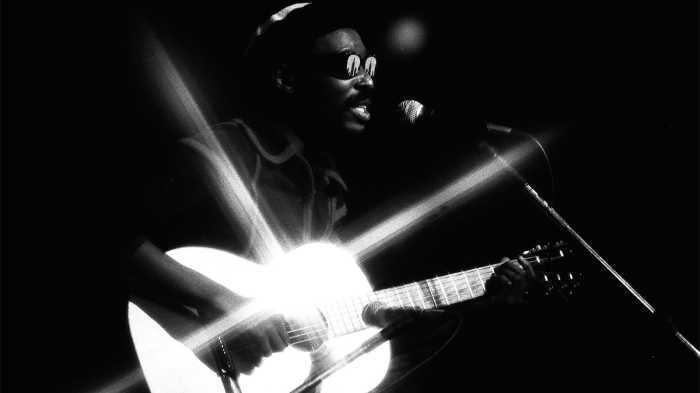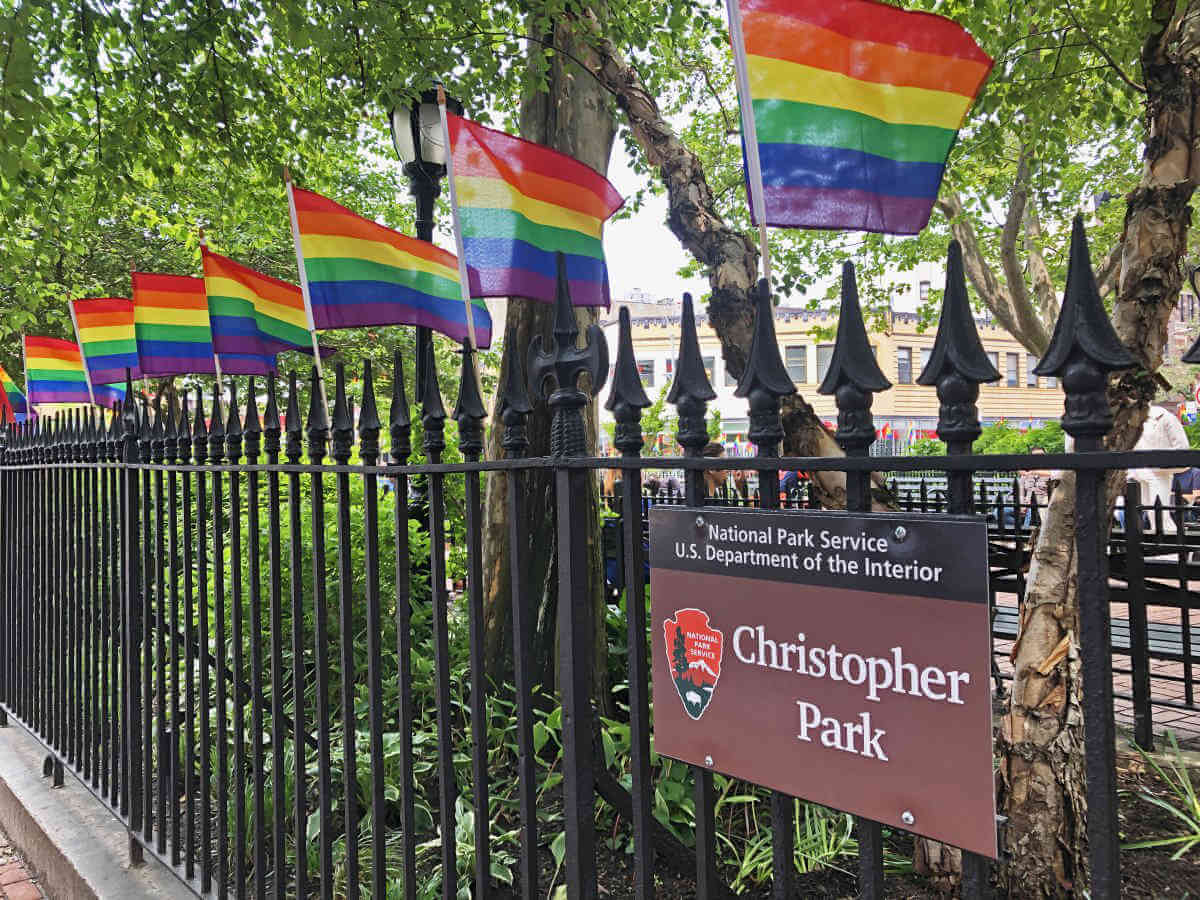By Andrei Codrescu
Hurricane Katrina devastated the New Orleans Public Library. All of its 13 buildings were damaged; eight of them are completely unusable: books, furniture, computers, all destroyed. Eighty percent of the employees were laid off. Recovery will be a long process. Libraries around the country are helping, but many of them are not in such great shape themselves, having had their budgets slashed over and over during decades of laissez-faire capitalism.
Public libraries are indispensable to poor communities like New Orleans, because they serve as cultural centers for people who still have the integrity not to surrender to television and video games. Public library buildings are also useful for sheltering a great number of people. If anyone in government would have given any thought to public libraries in New Orleans, they might have built them to serve as shelters in a disaster. The Storm that ripped the roof right off the scandalous poverty in our city, also exposed the shabby treatment of programs intended to better community life. The complete lack of foresight and imagination by the bureaucrats in charge of public monies is beyond appalling. It’s criminal. Libraries may not be the first priority in a city beset by thousands of personal tragedies and hundreds of major and urgent needs, but they are an irreplaceable piece of the complex puzzle of urban civilization. Take away the library and what you have is a mindless shopping mall.
As it is, libraries serve the public in many ways that are not immediately obvious: librarians are often social workers and psychiatrists to the homeless and the mentally ill. People without resources use the library to look for work on free computers. The library is where the books are, those objects that made our culture possible. Librarians are also, for the most part, fierce defenders of our right to read whatever we please; they have been the greatest critics of Section 215 of the Patriot Act, which requires librarians to disclose a reader’s choices of books. Many librarians have erased patrons’ records before the F.B.I. could ask for them.
It’s not certain how long this common welfare institution is going to last in the age of Google. Information can be obtained by a click of the mouse and lending libraries on the model of Netflix are not far off. What remains, however, developed by over a century of democratic practice, is the librarian as a person and the building as a multi-use structure. The librarian is not just the guardian of books, but the guarantor of the liberty of humans to read and think for themselves. The buildings can be many things if we can imagine those things.
The New Orleans libraries need help. To find out how, write to Ronald L. Biava, Fund Development Counsel for NOPL, ronbiava@earthlink.net
www.downtownexpress.com
www.codrescu.com
WWW Downtown Express


































